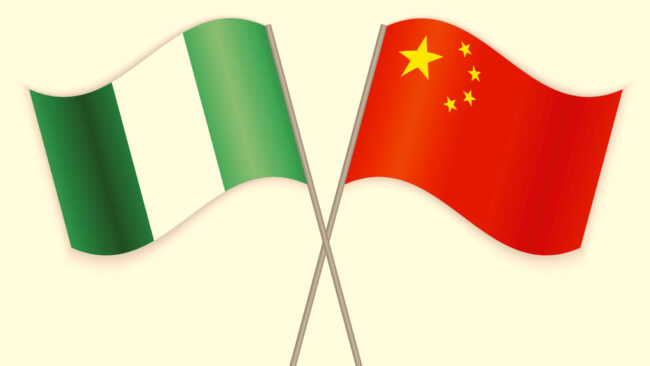Nigeria and China have signed a $3.3 billion agreement to develop the Brass Industrial Park and Methanol Complex, a transformative project expected to significantly boost the nation’s industrial output and generate vital employment opportunities.
The agreement was endorsed during a landmark event chaired by the Minister of Finance and Coordinating Minister of the Economy, Mr Wale Edun that heralded a new era of economic cooperation between both countries.
Nigeria and China have reaffirmed their commitment to deepening economic cooperation, strengthening bilateral ties and fostering sustainable development.
The inaugural China-Nigeria Economic Cooperation and Trade Conference, held alongside the 2024 Forum on China-Africa Cooperation (FOCAC), has set the stage for unprecedented collaboration and growth between the two countries
In his keynote address, the Minister underscored the significance of South-South cooperation, highlighting its pivotal role in Nigeria’s sustainable development goals.
As chair of the event, he also guided discussions that focused on critical areas of collaboration between the two nations.
Edun emphasized President Bola Ahmed Tinubu’s dedication to fostering a business-friendly environment that attracts increased investment, particularly in key sectors such as infrastructure, energy, and industry.
In a statement issued on Friday, Mohammed Manga, Director, Information and Public Relations said, “One of the conference’s standout outcomes was the signing of a $3.3 billion agreement to develop the Brass Industrial Park and Methanol Complex, a transformative project expected to significantly boost Nigeria’s industrial output and generate vital employment opportunities.”
He noted that infrastructure development, a cornerstone of the China-Nigeria partnership, was a major focus of the discussions.
Both nations reiterated their commitment to joint infrastructure projects, including roads, bridges, and energy systems, aimed at accelerating industrialization and driving long-term economic growth in Nigeria.
Financial and security cooperation also took center stage, with both countries agreeing to enhance intelligence sharing to combat money laundering and financial crimes.
This marked a critical step toward ensuring a secure and transparent financial environment, laying the groundwork for continued economic collaboration.
Minister also highlighted President Tinubu’s bold economic reforms, designed to steer the country toward a sustainable growth path.
He stressed the importance of leveraging both domestic resources and international partnerships, such as those with China, to ensure that these collaborations deliver tangible benefits to the Nigerian people.
Key infrastructure and security initiatives are seen as pivotal to achieving Nigeria’s economic objectives under the Renewed Hope Agenda, while also advancing China’s Belt and Road Initiative.
As the curtains close on this groundbreaking conference, Nigeria and China emerge as beacons of hope for a brighter economic future, especially as the conference concluded with a strong mutual commitment to ongoing engagement, open dialogue, and reinforced cooperation.
With the signing of the $3.3 billion Brass Industrial Park and Methanol Complex agreement, the stage is set for transformative growth, job creation, and sustainable development.
This historic partnership will undoubtedly propel Nigeria’s economic agenda forward while reinforcing China’s Belt and Road Initiative.
As both nations embark on this extraordinary journey together, the world watches with bated breath, eager to witness the remarkable achievements that will unfold from this unbreakable bond.
